Your cart is currently empty!
Tag: Compost
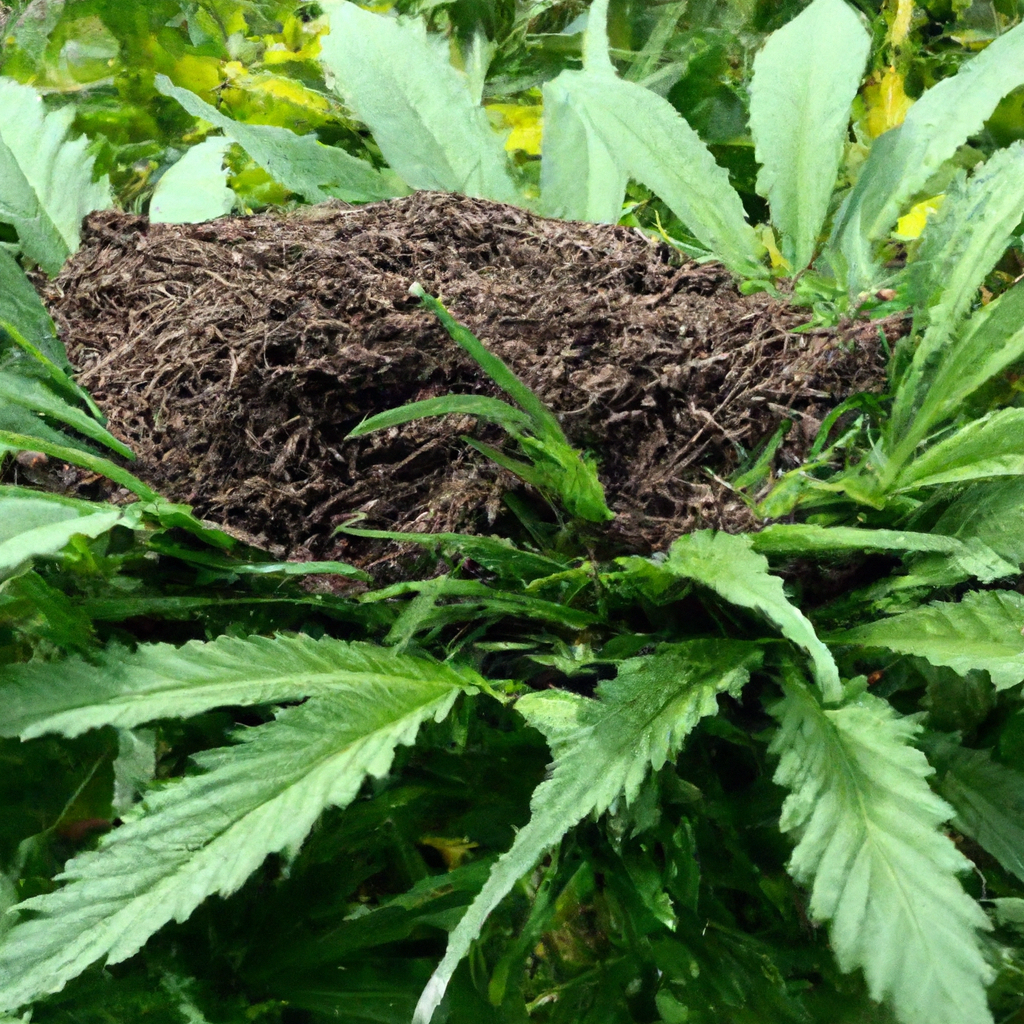
Embracing organic cultivation methods for cannabis enhances both environmental health and product quality. This guide highlights the importance of building robust soil ecosystems through compost, cover crops, and microbial diversity. It advocates using natural fertilizers like fish emulsion, bone meal, and seaweed extract for healthy plant growth. Eco-friendly pest management strategies, including companion planting and…
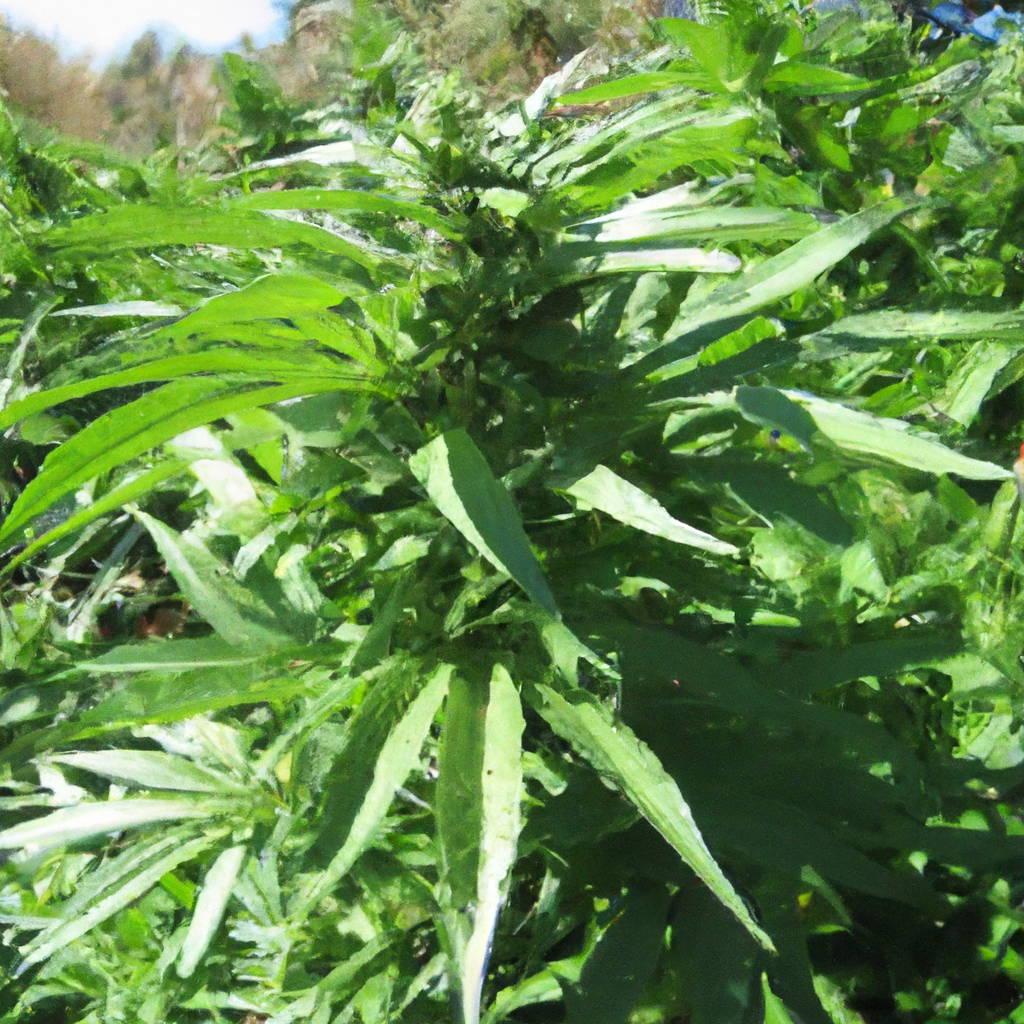
Organic cannabis cultivation is a commitment to quality and sustainability, harnessing nature’s power to nurture plants. This guide highlights best practices, including building healthy soil ecosystems through composting, mulching, and cover cropping. It emphasizes using natural fertilizers like fish emulsion and organic manures, and pest control methods such as companion planting and neem oil. The…
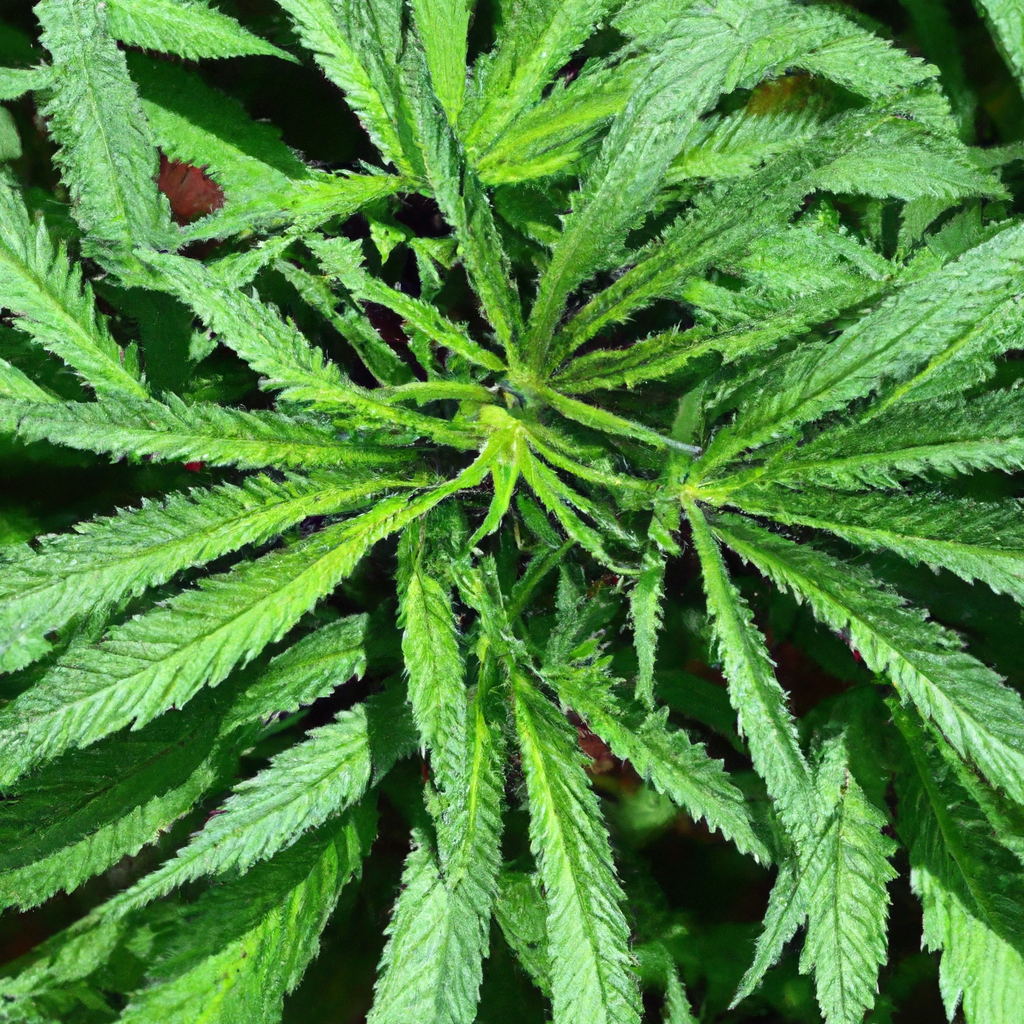
Embrace sustainable organic cannabis cultivation by focusing on natural fertilizers, composting, and eco-friendly pest control to enhance environmental health and crop quality. This guide delves into nurturing soil ecosystems with natural fertilizers like compost and animal manure, promoting soil health through strategic composting methods, and utilizing natural pest control practices such as companion planting and…
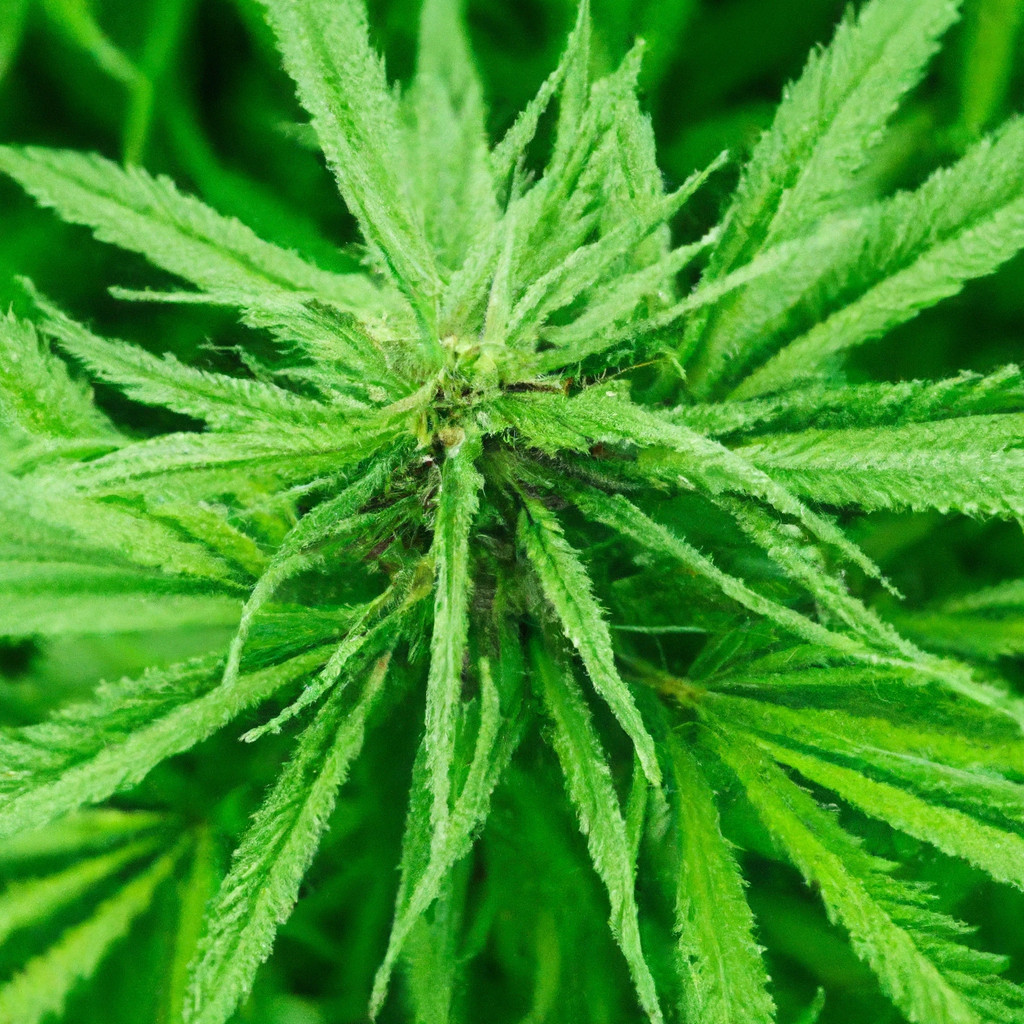
As the cannabis industry evolves, growers are increasingly adopting organic practices, benefiting both the environment and consumers. Key elements of organic cannabis cultivation include using natural fertilizers like worm castings, composting to enhance soil health, and implementing eco-friendly pest control methods such as integrated pest management. Building a robust soil ecosystem is crucial, involving a…
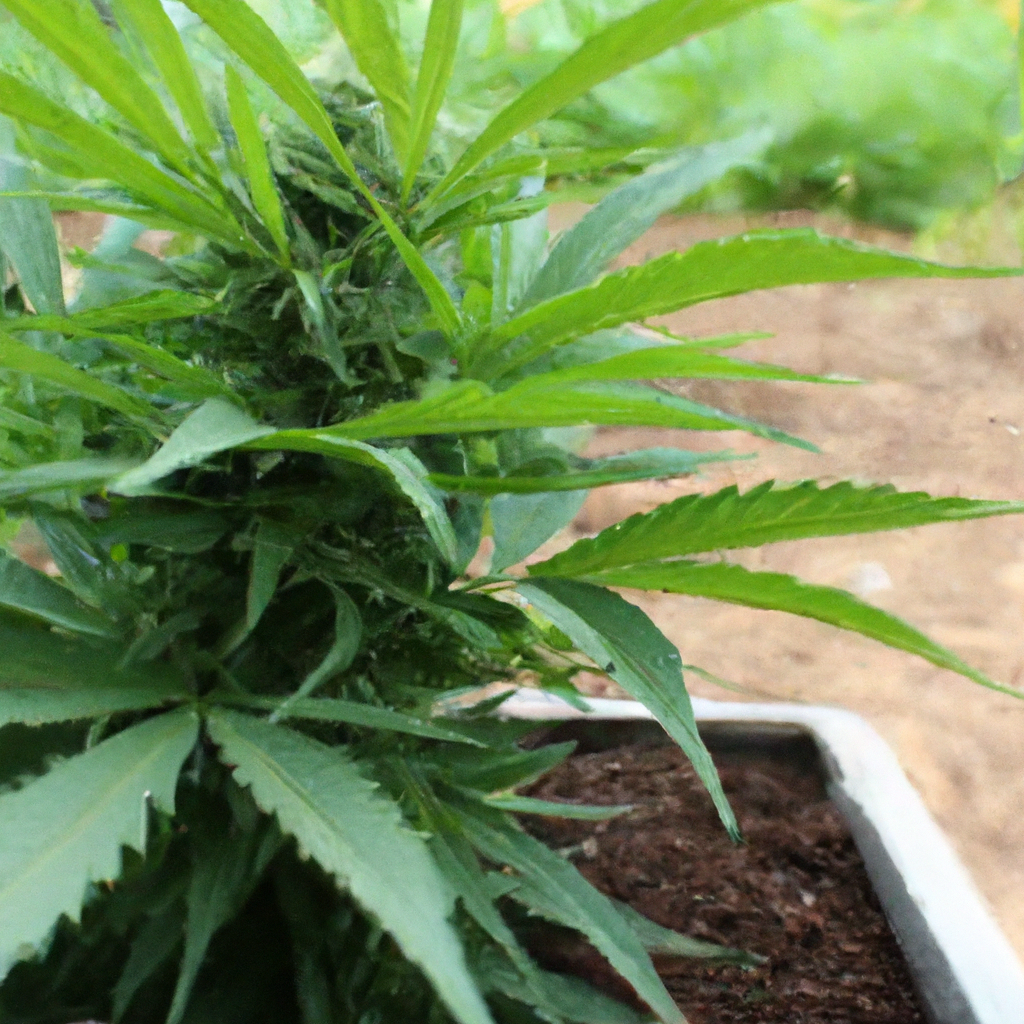
With the increasing demand for organic cannabis, growers are adopting sustainable practices to enhance yield quality and reduce environmental impact. Successful organic cultivation starts with healthy soil ecosystems, improved through composting, crop rotation, and mulching. Natural fertilizers like worm castings and fish emulsion offer an eco-friendly nutrient supply, while pest management can be achieved through…
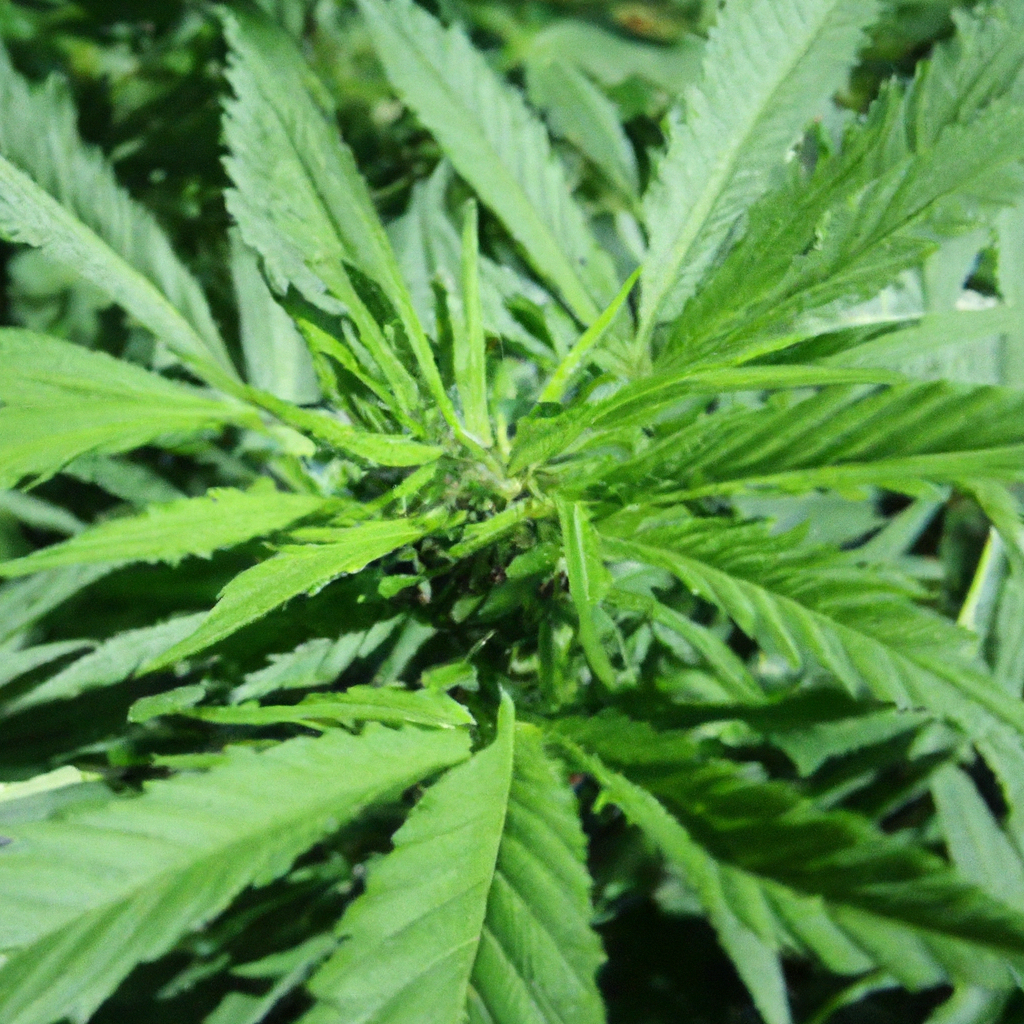
Organic cannabis cultivation is an eco-conscious approach that benefits both the environment and consumers by using natural fertilizers, compost, and pest control. This method fosters vibrant, healthy plants while promoting sustainability and avoiding synthetic chemicals. Key practices include enhancing soil health with compost and worm castings, utilizing beneficial insects and companion planting for pest control,…
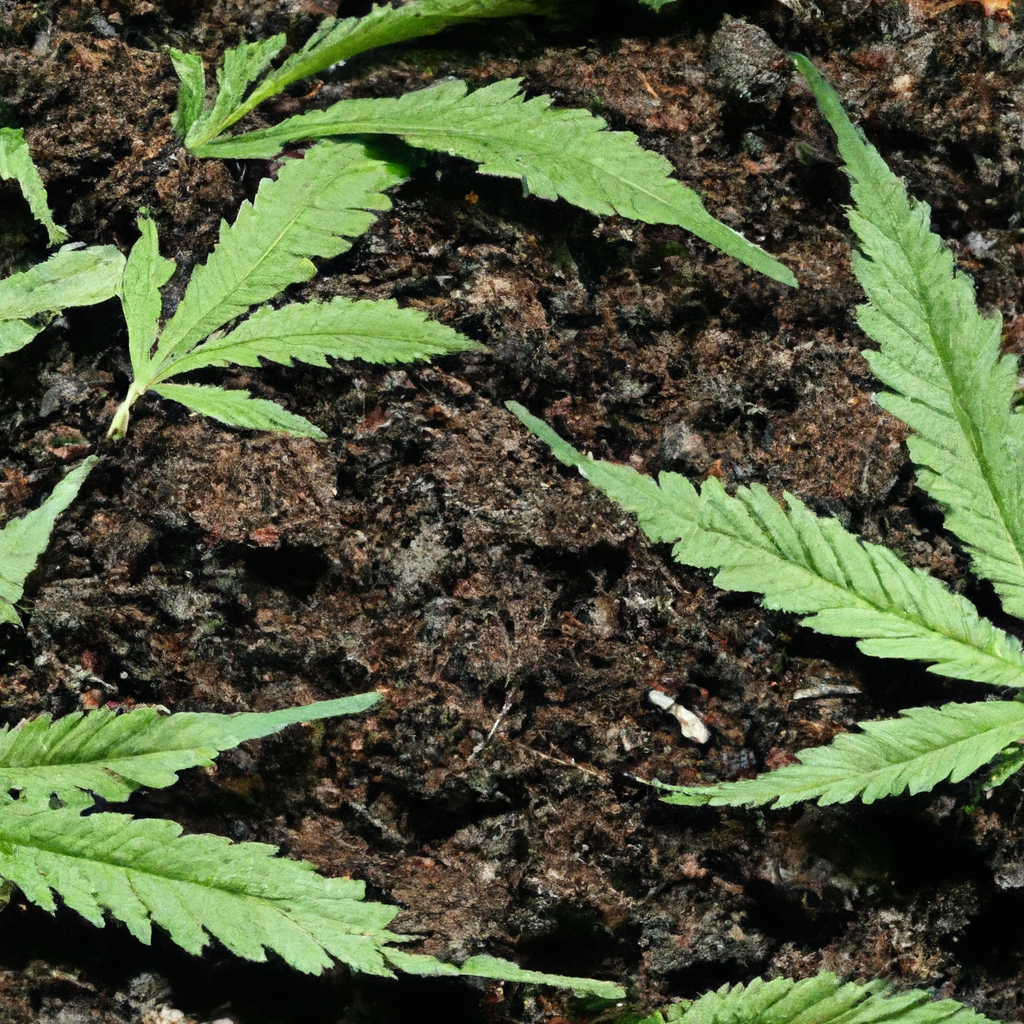
In the realm of cannabis cultivation, enhancing soil health is crucial, and composting is a highly effective and sustainable method to achieve this. Through recycling organic materials into nutrient-rich compost, you’ll improve soil structure, boost plant growth, and reduce landfill waste. This blog post provides a comprehensive guide to creating an ideal compost pile, offering…
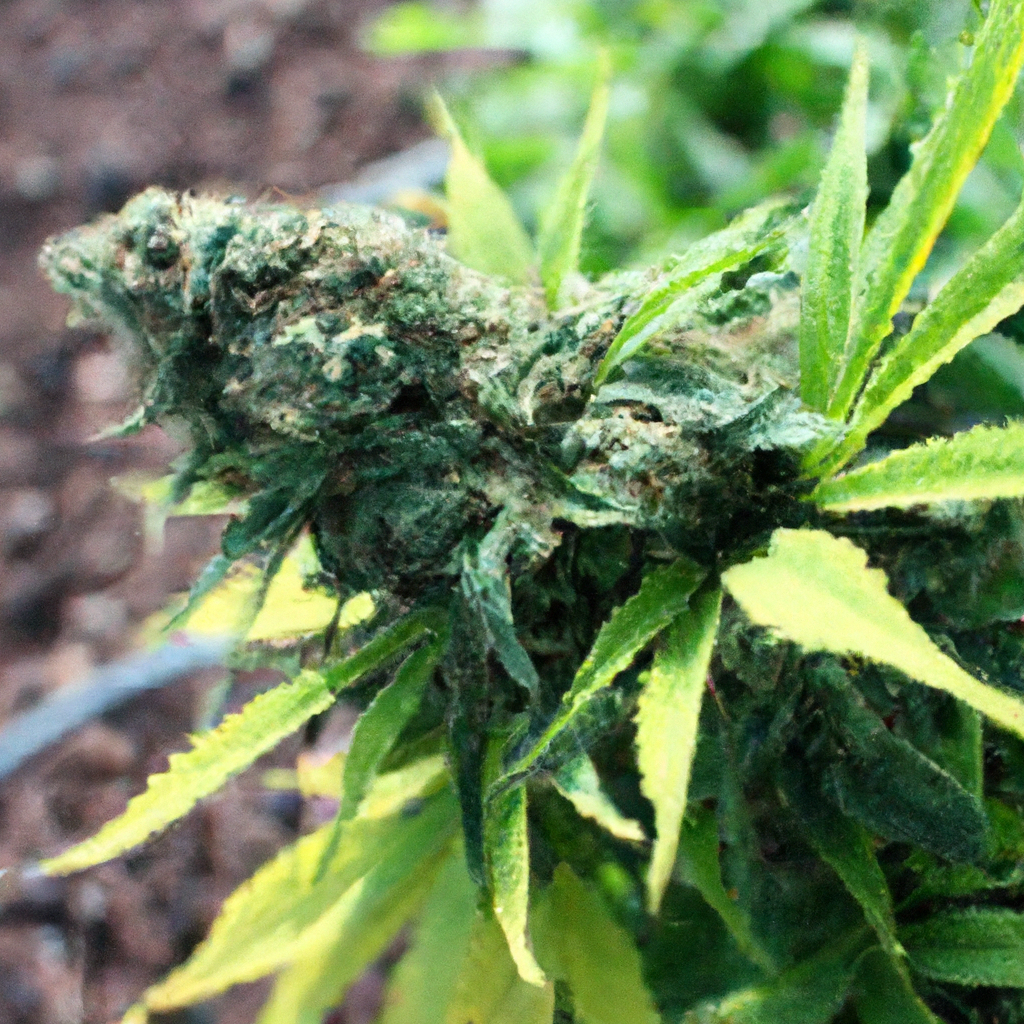
Organic cannabis cultivation prioritizes quality and sustainability by utilizing natural fertilizers, compost, and innovative pest control methods, benefiting both consumers and the earth. Key practices include building a robust soil ecosystem with rich compost and crop rotation, harnessing natural fertilizers like animal manure and bone meal, and implementing organic pest control with beneficial insects and…
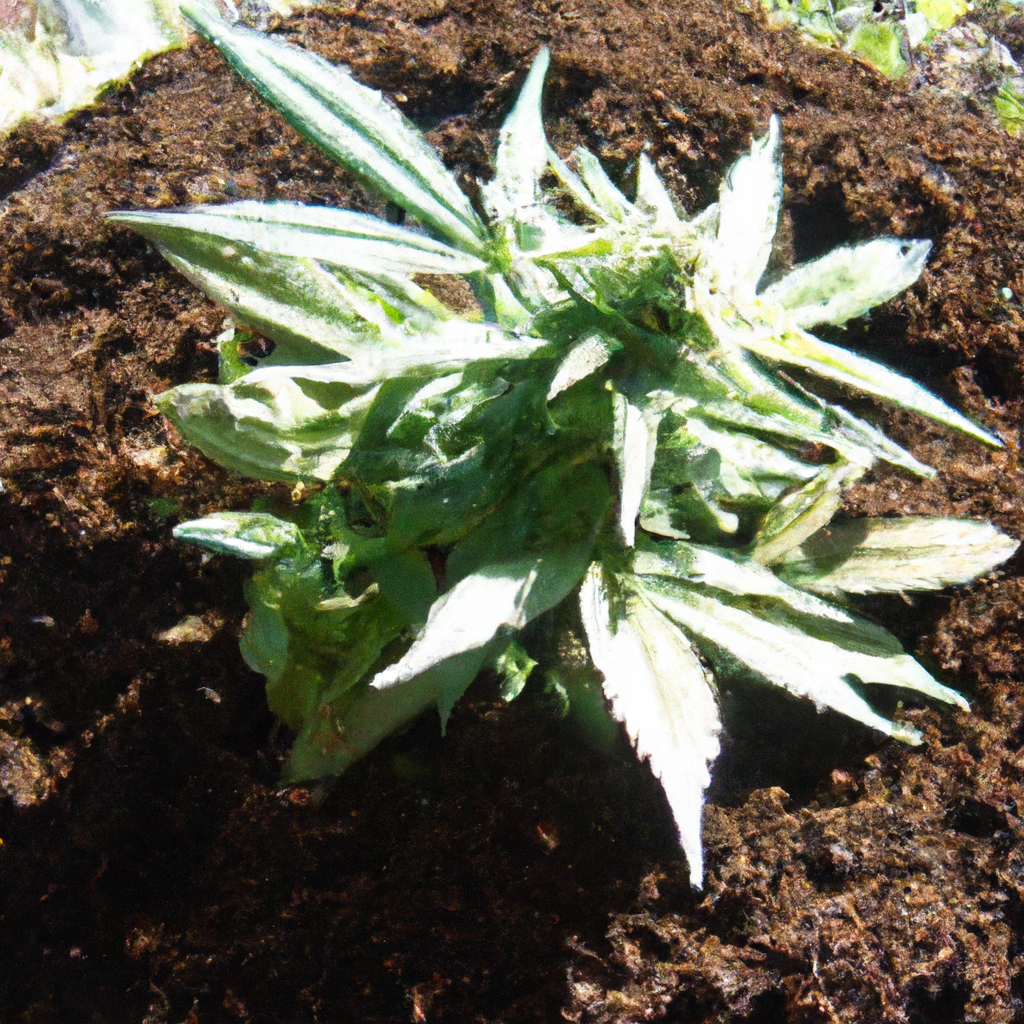
In the realm of cannabis cultivation, organic farming offers a sustainable alternative that forgoes synthetic chemicals in favor of nurturing a natural ecosystem. By focusing on building robust soil through composting and mulching, utilizing plant and animal-based natural fertilizers, and employing sustainable pest control methods like companion planting and beneficial insects, growers can cultivate healthier…
Explore the art of organic cannabis cultivation, where natural methods enhance plant health and sustainability. Discover the importance of building healthy soil ecosystems through composting, crop rotation, and beneficial microbes. Learn about natural fertilizers like bone meal, fish emulsion, and seaweed extract. Embrace biological pest control with companion planting, beneficial insects, and neem oil. Organic…
